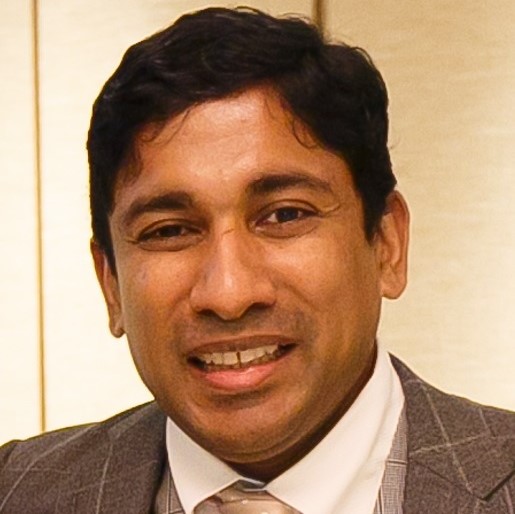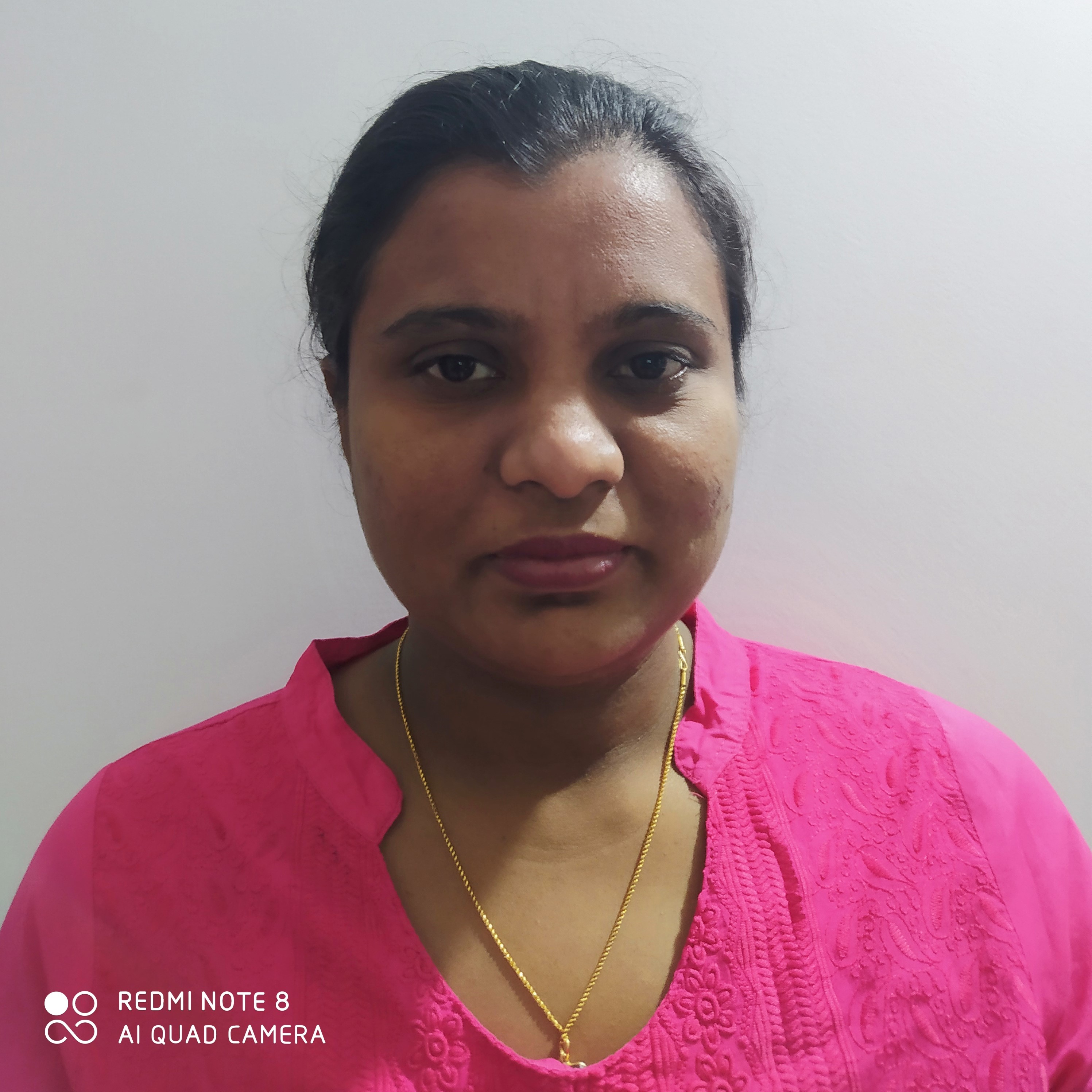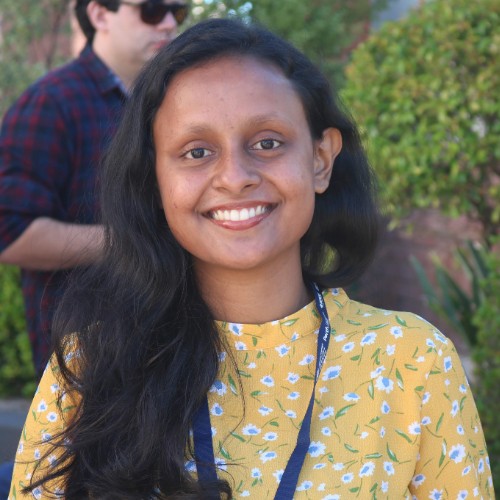# Workshop 1

Learner-Centered Edtech Design using Learning Analytics and Human-Computer Interaction: A case study of MOOCs
20
th
of January 2023 5.00 PM - 7.00 PM

Aim of the workshop
Using MOOCs as a case study, this workshop aims to provide an understanding of how Human-Computer Interaction (HCI) and Learning Analytics (LA) methods can be leveraged to design effective education technologies.Objectives
- Provide an overview of methods used in HCI and Learning Analytics to build learner-centered education technologies
- Provide a background to related research ed tech and Learning Analytics
Description
Education Technologies based on Learner-centered designs are capable of focusing individuals and improving the learning effectiveness while scaling the number of learners. The effectiveness of such systems is based on not just the content, but also the interactions designed to cater to individuals with a smooth learning experience. A key component of such a system involves providing timely information to educational stakeholders (teachers, students, designers, administrators) to support better decision-making that uses LA and having an interface design that interacts with the stakeholders to operationalize such decisions and take actions that base on HCI. In this workshop, participants will understand how to leverage methods in Human-Computer Interactions and Learning Analytics in designing effective education technologies to serve learning at scale.Target Audience
- Undergraduates/ postgraduate students who are interested in understanding HCI, LA methods and related research behind edtech
- Systems designers, UX/UI, learning experience designers for EdTech
Resource Person
Dr. Dilrukshi Gamage Tokyo Institute of Technology, Japan View Profile
# Workshop 2

Object Detection/classification with Deep-Learning and 3D Point Cloud Data
9
th
of February 2023 5.30 PM - 7.00 PM

Aim of the workshop
Providing the basic knowledge in handling the point cloud data for Deep learning to achieve 3D object detection and classificationObjectives
- To provide the basic knowledge in handling the point cloud data for Deep learning
Description
Point cloud data (PCD) can be applied for 3D object detection and classification using deep learning (DL). While treating the PCD to DL, down sampling, normalization, principal component analysis (PCA) and some other preprocessing are applied on PCD to reduce training time and enhance the features in the point cloud. This workshop mainly discusses those preprocessing methods and some applications of PCD to 3D object detection and classification using them.Target Audience
Undergraduates and postgraduatesResource Person
Prof. Chinthaka Premachandra Shibaura Institute of Technology, Japan View Profile
# Workshop 3






Identification of Hate Speech in Social Media
23
rd
of February 2023 9.00 AM - 2.00 PM






Aim of the workshop
This workshop aims to introduce students and researchers about the methods and resources used in the classification of hate content in social media.Objectives
- Provide participants with hands-on experience in hate classification approaches.
- Allow the participants to understand the ongoing research related to hate classification.
- Encourage participants to share their experiences with potential limitations and caveats of hate classification and social media analytics in general.
- Explore the ethical and legal aspects of social media analytics